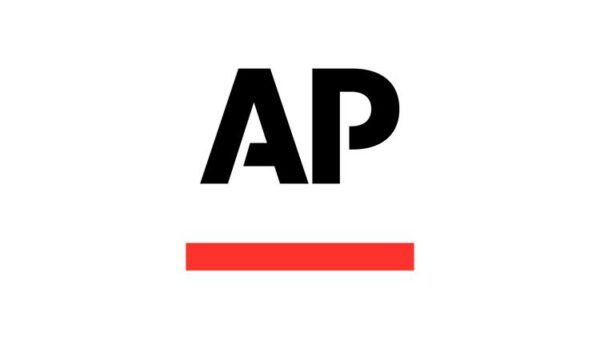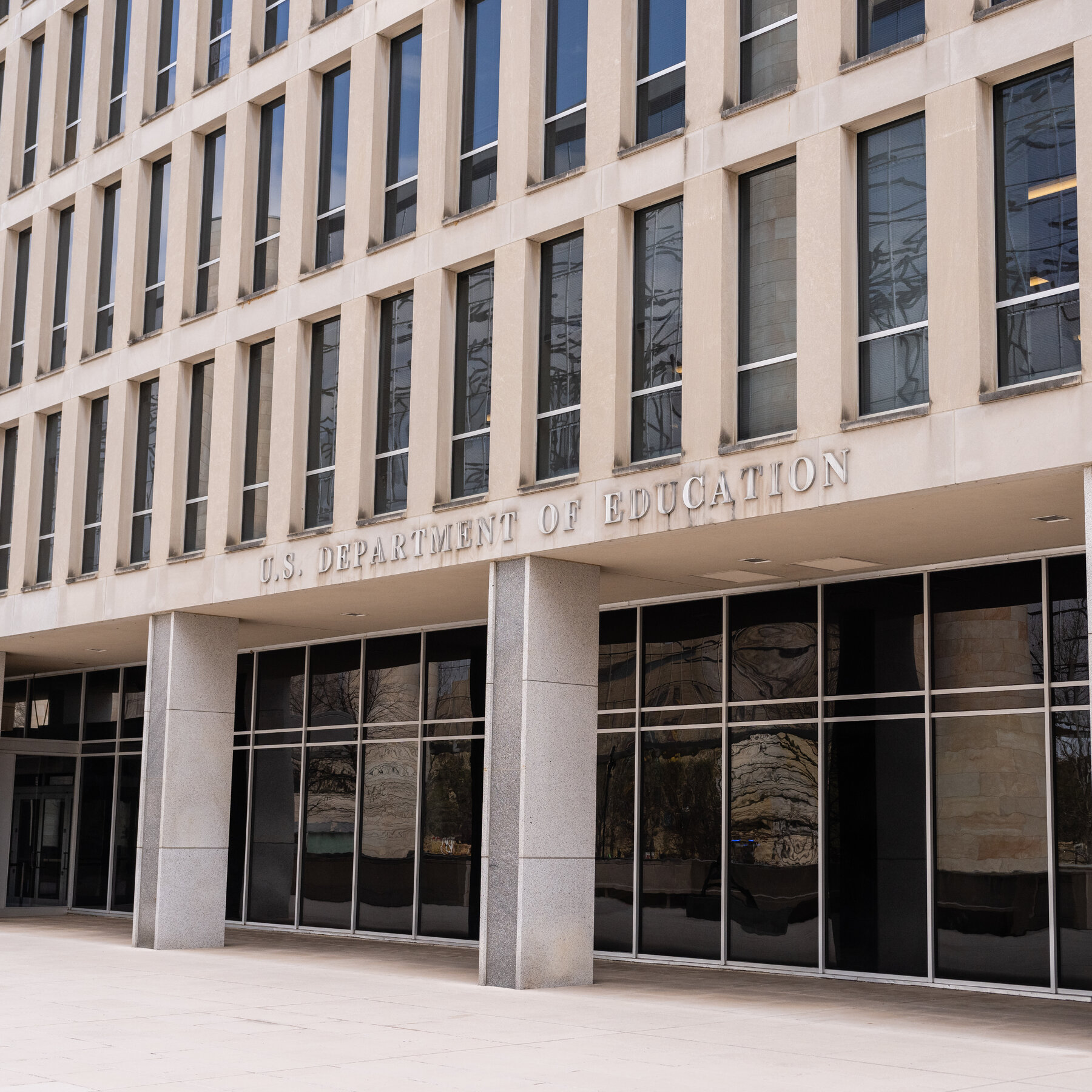The U.S. Department of Education has launched an investigation into scholarships provided by universities for students under the Deferred Action for Childhood Arrivals (DACA) program. The inquiry focuses on whether these financial assistance programs discriminate against U.S. citizens.
The DACA program, established in 2012, allows certain undocumented immigrants who arrived in the United States as children to apply for work permits and temporary protection from deportation. As of March 2024, there are approximately 600,000 DACA recipients in the country, many of whom pursue higher education while facing financial challenges.
The Department of Education’s investigation arises from concerns that some universities may be prioritizing DACA students over American citizens in awarding scholarships. This situation has prompted a debate about equity in higher education funding. Critics argue that while supporting DACA students is essential, U.S. citizens should not be disadvantaged in the process.
In response to the investigation, universities that offer scholarships to DACA students maintain that their programs are designed to promote inclusivity and diversity. They assert that these financial aids are necessary to assist students who have often faced significant barriers to education.
According to the Department of Education, the review will assess compliance with federal laws regarding discrimination in educational funding. The outcome of this investigation could have implications for how colleges and universities structure their financial aid programs moving forward.
In recent years, the discussion around DACA and its effects on education has intensified, with various stakeholders weighing in. Advocates for DACA recipients emphasize the contributions these students make to society and the economy. They highlight that many DACA recipients are high-achieving individuals who have demonstrated resilience despite their challenging circumstances.
Conversely, some lawmakers argue that prioritizing scholarships for DACA students could undermine the opportunities available to U.S. citizens. They contend that federal funding should primarily focus on American-born students, reflecting the needs of the resident population.
The investigation by the Department of Education is expected to take several months, and its findings may influence future policies regarding financial aid for both DACA students and U.S. citizens. As the landscape of higher education finance continues to evolve, institutions may need to reassess their scholarship programs to ensure compliance with federal guidelines while also fostering an inclusive environment for all students.
This inquiry highlights the complexities surrounding immigration, education, and funding, reflecting broader national conversations about equity and opportunity in the United States. As the situation develops, it will be crucial for all parties involved to engage in constructive dialogue that considers the diverse needs of the student population.





































































